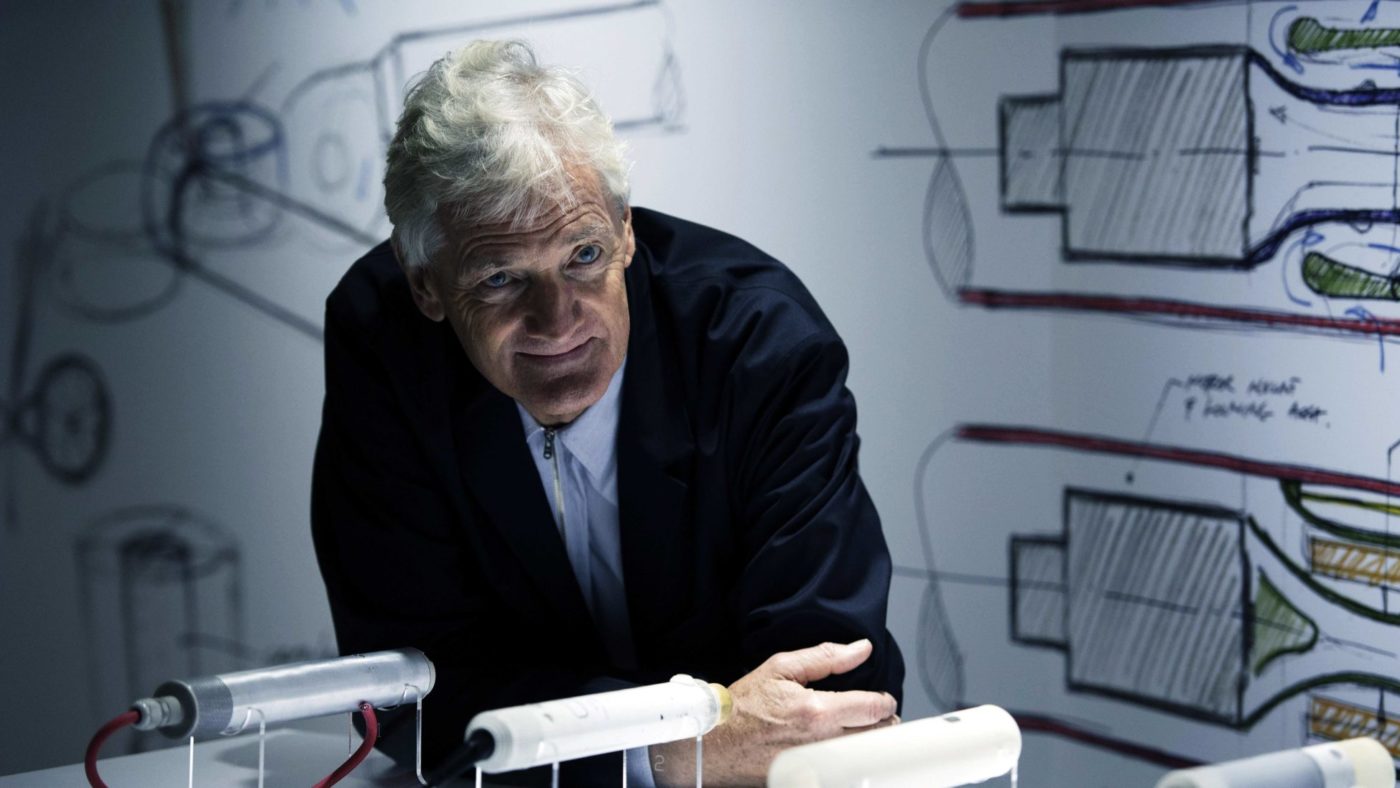The Sunday Times has produced a list of who they reckon are the top 50 taxpayers in the country.
There are some minor errors, as there tend to be with these things. One minor such mistake is that the paper includes employer National INsurance contributions as being paid by the employer – that’s simply wrong, such taxation is incident upon the worker. It’s also true that if we do include this then someone like Sir Jim Ratcliffe should be well up there on the list. True, he’s not tax resident but Ineos employs a lot of people here and that employer NI is all being paid.
But this kind of slip pales in comparison to the biggest misconception – the idea that tax payments are these taxpayers’ main contribution to the UK. Taxes are not even the main contribution these people have made to our collective welfare, but minor residuals.
Now, of course tax is necessary because government is, and there’s no problem with the broadest shoulders carrying more than their proportion of the burden (copyright, Adam Smith).
JK Rowling insists that she pays full whack because when she needed the welfare state it was there for her. However, Rowling is an excellent example of the proper point here. She paid, apparently, £49 million on an income of £100 million. But her contribution is vastly greater than anything that turns up in her pocket.
Think on it, UK sales alone are said to be some 250 million books, global perhaps 750 million. Everyone was engaging in voluntary exchange when they bought them so the value perceived must have been greater than the cost. Even at paperback prices that’s £7 or £8 billion of recorded value. And those queues as each new one came out show that some valued them at much more than the price. And that’s before we consider the huge impact on levels of reading that her series has had.
We could also look at Tim Martin, whose bill is estimated at £30 million. His contribution to the economy? Well, sales of near £2 billion for Wetherspoon’s – that’s a lot of pints comfortably supped, generally at a very competitive price.
Or Sir James Dyson, who paid just over £100 million to the Exchequer – the value of vacuum cleaners that actually work is vastly greater than any sum he has, which is why people buy them, of course.
It’s a little more difficult when we look at the incomes of the landed aristocracy, or those who inherit. But one of the striking things about the list is that it is mostly entrepreneurs rather than rentiers.
Indeed, the last but one Nobel Laureate in economics, William Nordhaus, worked out just what a tiny fraction of the value created entrepreneurs manage to hold onto. It’s actually about 3%. The finance capitalists get another – small – part of it, but the people who really benefit are us out here, the consumers. We gain value greater than we pay for all these things – we must do otherwise why hand over hard-earned cash?
That consumer surplus is by far the largest portion of the value created by entrepreneurs. This is why free market capitalism works too. The value consumed as a result of all this economic activity is vastly greater than that captured by the originators of it. From our point of view out here it’s a bargain, actually the best one any group of humans has ever been offered. The entrepreneurs may gain an impressive pile but it’s consumers who make out like bandits.
So, a progressive taxation system is fine and dandy, but it is an error to think that tax payments are businesses’ primary contributions to our society. They’re a slice of the residual left over after the vast majority of the wealth, the benefit, has flowed to the population at large.
Click here to subscribe to our daily briefing – the best pieces from CapX and across the web.
CapX depends on the generosity of its readers. If you value what we do, please consider making a donation.


